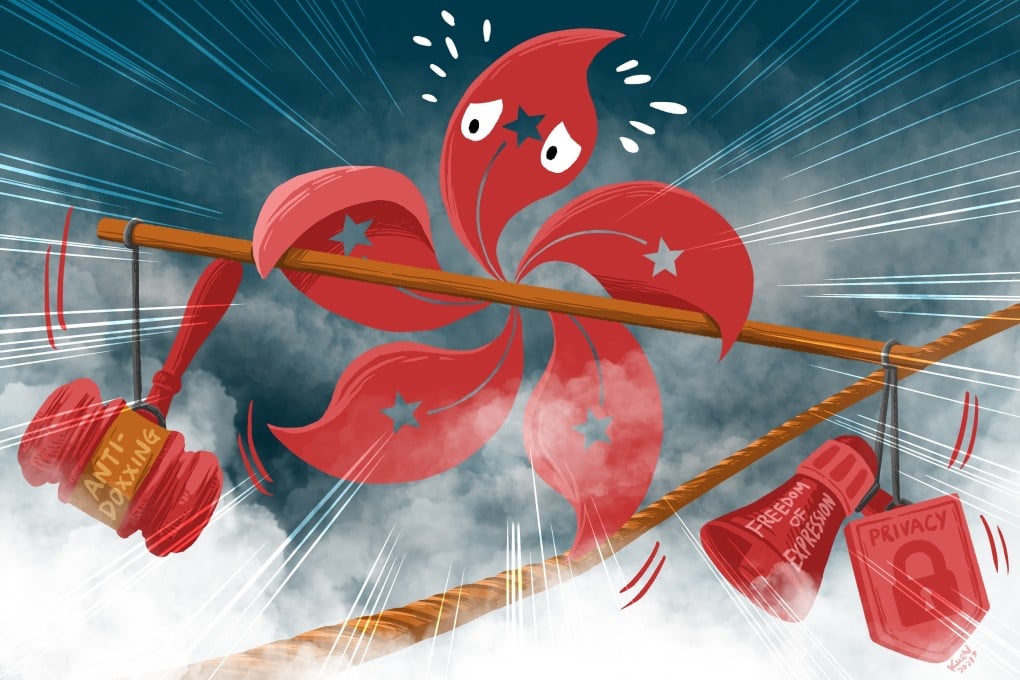Hong Kong gets serious on cyber harassment, but are tech giants right that proposed anti-doxxing law is too wide, too tough?
- Government ‘must balance freedom of expression, right to privacy’ as it tackles doxxing scourge, sector observers say
- Critics argue tough penalties outlined in draft law, particularly those for service providers, will weaken Hong Kong’s status as tech hub

MTR Corporation union leader Tam Kin-chiu remembers how upset and threatened he felt after someone posted his photograph, workplace details and mobile phone number online in August 2019.
Online users attacked him for supporting the government. He received numerous anonymous phone calls, some after midnight. One caller told him threateningly: “I’ll remember your face.”
He started to worry for his family when the protests became more intense, and “was afraid somebody would do something to harm” them.
When he reported the matter to police, an officer told him not much could be done.
“There was no law to regulate doxxing, and the police couldn’t trace the person who posted my information online or the anonymous callers,” he said.
He was not alone in being harassed after his personal details were exposed. Also targeted during the social unrest of 2019 were numerous police officers, their family members, those who supported police, as well as some protesters and journalists.